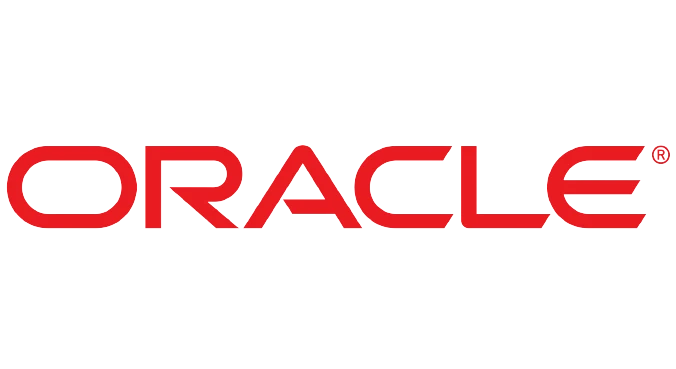Participants learn to load data by executing the mappings or the process flows, use Oracle Warehouse Builder 11g, Release 2 features to manage metadata changes, debug mappings, backup metadata, manage security, and tune the ETL mappings for better performance. Integration of Warehouse Builder with OBI EE, along with the Warehouse Builder architecture and configuration are discussed.
Participants learn to retrieve data from different types of sources such as flat files or relational schemas and also to use the different transformation operators to design an ETL task. The usage of Warehouse Builder to define both relational dimensional models and multidimensional models, to deploy a single logical model to multiple physical targets and how to handle slowly changing dimensions are also covered.
In addition, extraction of data from non-Oracle sources using code templates, usage of the Warehouse Builder ETL and data integration features of the Enterprise ETL Option of the Oracle database are discussed.
This functionality requires the Oracle Warehouse Builder Enterprise ETL/ODI EE option.
Objectives
Retrieve data from different types of sources such as flat files or relational schemas
Use the different transformation operators to design an ETL task
Load data by executing the mappings or the process flows
Use OWB features to manage metadata changes, debug mappings, backup metadata, manage security, and tune the ETL mappings for better performance
Integrate Warehouse Builder with OBI EEWarehouse
Explain the Warehouse Builder architecture and configuration
Topics
Installing and Setting Up the Warehouse Builder Environment
Getting Started with Warehouse Builder
Understanding the Warehouse Builder Architecture
Defining Source Metadata
Defining ETL Mappings for Staging Data
Using the Data Transformation Operators
Cleansing and Match-Merging Name and Address Data
Using Process Flows
Deploying and Reporting on ETL Jobs
Using the Mapping Debugger
Enhancing ETL Performance
Managing Backups, Development Changes, and Security
Integrating with Oracle Business Intelligence Enterprise Edition (OBI EE)
Administrative Tasks in Warehouse Builder
Managing Metadata
Accessing Non-Oracle Sources
Designing Mappings with the Oracle Data Integration Enterprise Edition License
Right-Time Data Warehousing with OWB
Defining Relational Models
More Relational Dimensional Modeling
Modeling Multidimensional OLAP Dimensions and Cubes





















